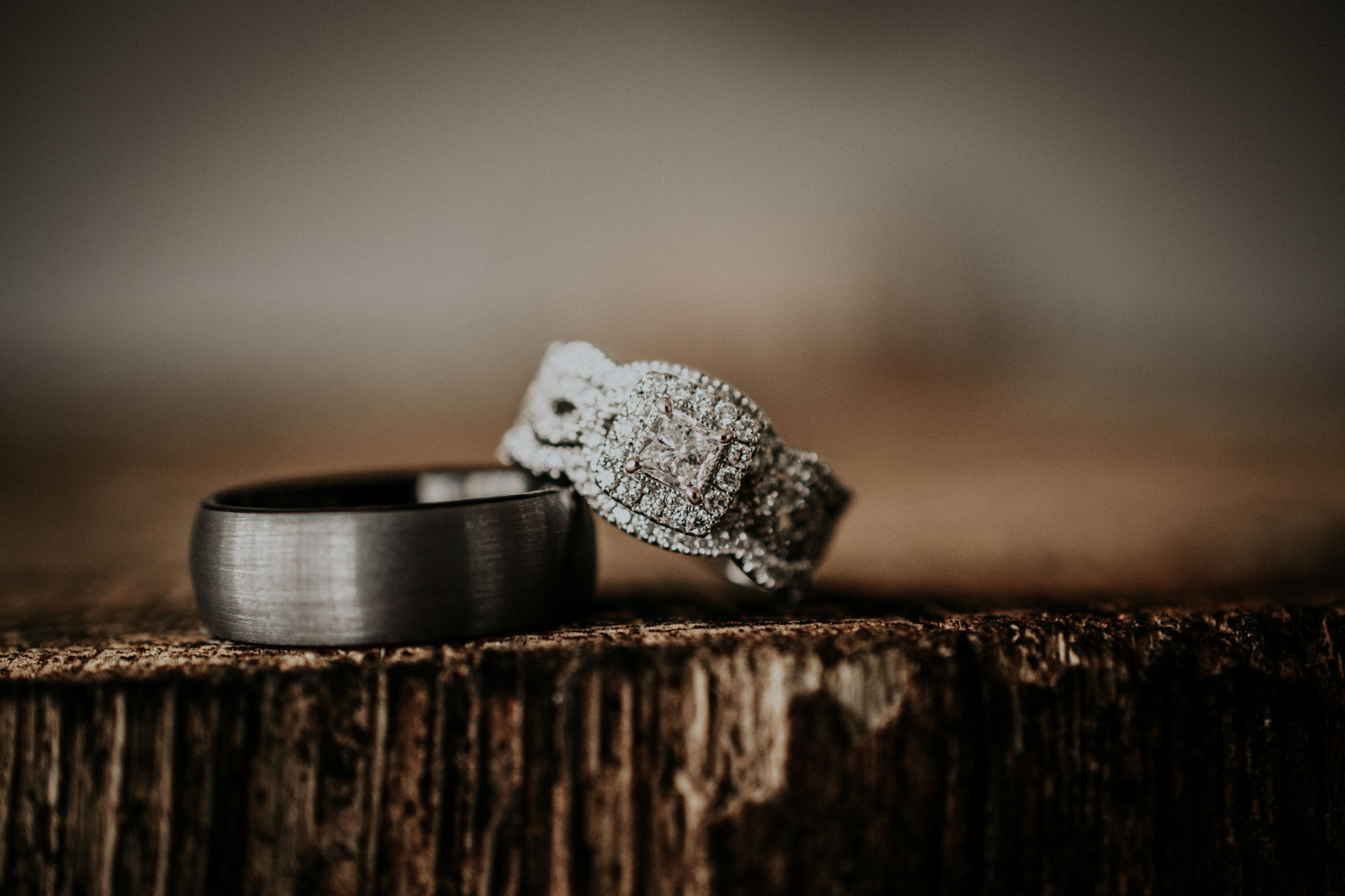How to Care for Your Piercing During the Winter Months
Understanding the Impact of Winter on Piercings
Winter can be a tough season for piercings due to the dry air and cold temperatures. These conditions can lead to irritation, dryness, and even infection if not properly managed. Understanding how the winter weather affects your piercing is the first step to ensuring it stays healthy and looks great throughout the season.

During the winter months, it's crucial to be aware of the extra clothing and accessories we use to keep warm. Scarves, hats, and high-neck sweaters can put pressure on piercings, causing irritation and delaying healing. Make sure to choose your winter gear wisely and avoid anything that might rub against your piercing.
Maintaining Moisture
One of the biggest challenges during winter is maintaining moisture in your skin and piercings. The cold air and indoor heating can strip moisture away, leaving your piercing dry and more prone to infection. To combat this, apply a gentle, fragrance-free moisturizer around your piercing daily. This will help keep the skin supple and promote healing.
For those with nasal or facial piercings, consider using a saline spray to keep the area hydrated. This simple step can prevent crusting and discomfort associated with dryness. Always ensure that any product you use is specifically formulated for piercings to avoid irritation or allergic reactions.

Proper Cleaning Techniques
Cleaning your piercing is essential, regardless of the season. During winter, however, it's important to be extra vigilant. Use a saline solution or a gentle antiseptic recommended by your piercer to clean the area twice a day. Avoid using alcohol or hydrogen peroxide, as these can be too harsh and may increase dryness.
When cleaning, always wash your hands thoroughly before touching your piercing to prevent introducing bacteria. Gently clean around the piercing without twisting or turning the jewelry excessively, as this can irritate the tissue.
Protecting Your Piercing from Cold Weather
If you plan to spend extended periods outdoors, consider covering your piercing with a breathable bandage or dressing, especially for ear or facial piercings. This can help protect it from the harsh elements and reduce the risk of frostbite in extreme temperatures.

Additionally, be cautious when removing hats or scarves that might snag on your jewelry. Pulling or tugging accidentally can be painful and may damage the piercing. Always remove these items slowly and carefully.
Choosing Appropriate Jewelry
During winter, opting for jewelry made from materials like titanium or stainless steel can be beneficial, as they are less likely to cause irritation compared to other metals. Ensure that your jewelry fits snugly but comfortably to avoid unnecessary movement and irritation.
If you experience any discomfort or signs of infection such as redness, swelling, or pus, it's important to consult with a professional piercer or healthcare provider promptly. Addressing issues early can help prevent more serious complications.

Final Thoughts on Winter Piercing Care
Caring for your piercing during the winter months requires attention to detail and consistency. By following these tips and being mindful of how the cold weather affects your skin, you can keep your piercing healthy and looking its best all season long.
Remember, if you're ever unsure about how to care for your piercing or notice any persistent issues, seeking advice from a professional piercer is always a good idea. They can provide personalized recommendations based on your specific needs and ensure that your piercing heals properly.
